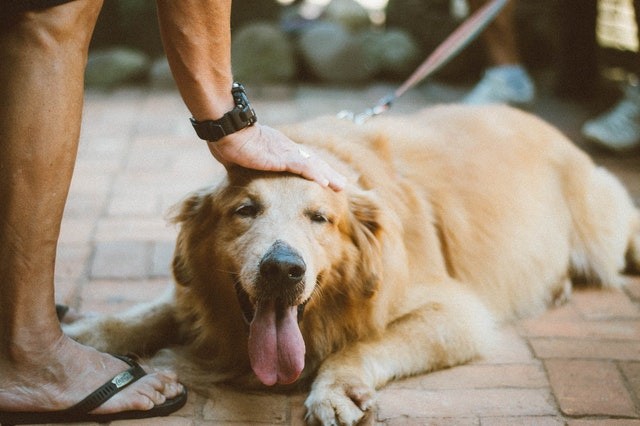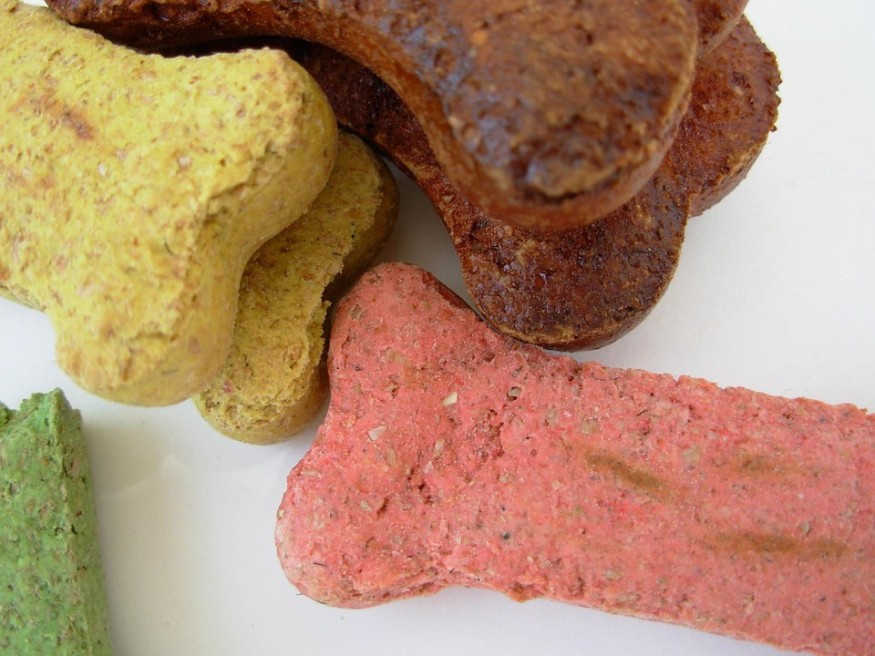These days, feeding your pets insects is the newest lifestyle choice to help combat climate change.
To reduce the massive carbon emissions caused by growing livestock for traditional, meat-based diets, environmentally conscious pet owners feed their animals crickets, mealworms, and black army flies.
High in Protein

Experts suggest that because insects are high in protein, pets may be given them and that farmed species can also include high fats, oils, minerals, and vitamins. According to preliminary studies, commercial insect farming produces fewer emissions, uses less water, and uses less land than cattle production.
"When converted into a nutritionally balanced pet food, insect proteins may contribute to healthy and appetizing products that are also ecologically sustainable," said Nicole Paley, the Pet Food Manufacturers Association deputy chief executive. Insect-based foods provide an option for pet owners who choose to feed their animals a diet that does not include typical livestock animals."
Growing Market
According to Rabobank, a Dutch multinational, the market for insect-based pet food might grow 50-fold by 2030, when half a million metric tons of food would be produced.
This, according to Andrew Knight, a veterinary science lecturer at the University of Winchester, reflects increased consumer interest in alternative pet meals, including vegan diets, for environmental reasons.
This is partly due to pet owners' concerns about the pet food industry's high carbon footprint, which, according to a UCLA study, accounts for about 25% of the environmental damage caused by the meat industry and is equivalent to 64 million tons of CO2 per year - the same climate impact as 13.6 million cars driving for a year.
Pet Foods

However, according to Knight, many customers' "aversion to insect-based diets" may operate as a barrier to widespread adoption.
Insect-based pet food is much more costly than traditional pet food. A bag of insect-based Lovefood dry kibble, for example, costs £12 per kilogram, against £9.75 for a 2kg bag of Iams dry cat food with chicken.
Solitaire Townsend, a co-founder of Futerra, which is collaborating with Mars Petcare to create Lovebug, its first insect-based cat food line, said market research indicated that nearly half of the pet owners (47 percent) would consider feeding their pets insects, with 87 percent of those polled citing sustainability as a critical factor in pet food selection.
Townsend sought a vegetarian alternative "for my cat and my conscience" as a vegetarian for environmental reasons. "Cats aren't afraid of eating bugs," she said, "but some people are." Of course, millions of people consume insects as part of their daily diet. It may seem uncommon in the UK, but I'm old enough to recall when sushi and even spaghetti were the same way."
Diet Change
She advised pet owners to be mindful that unexpected changes in their pet's diet might be stressful. She suggested a week-long transition, starting with a 75 percent old food to a 25% new food ratio and gradually shifting the balance.
Owners must be careful to verify that insect-based pet food meets their dogs' nutritional needs, according to Justine Shotton, president of the British Veterinary Association, and further study is needed.
"At this time, there isn't enough data to support insect-based protein replacing existing complete pet food diets, but it is a future possibility to investigate." "A veterinarian with extensive nutritional understanding should always monitor any adjustments to a pet's food," she said.
The EU has approved seven insects for use as pet food components, according to the Pet Food Manufacturers Association. The farmed insects are fed discarded grains, palm kernel, fruits, and vegetable crop by-products, and while the majority of the farms are still in the tropics, there are now over 100 in Europe.
Read also: Treating Pets with Separation Anxiety: What to do to Keep Your Pets Feel Emotionally Safe
For more news about the latest animal trends, don't forget to follow Nature World
© 2025 NatureWorldNews.com All rights reserved. Do not reproduce without permission.





